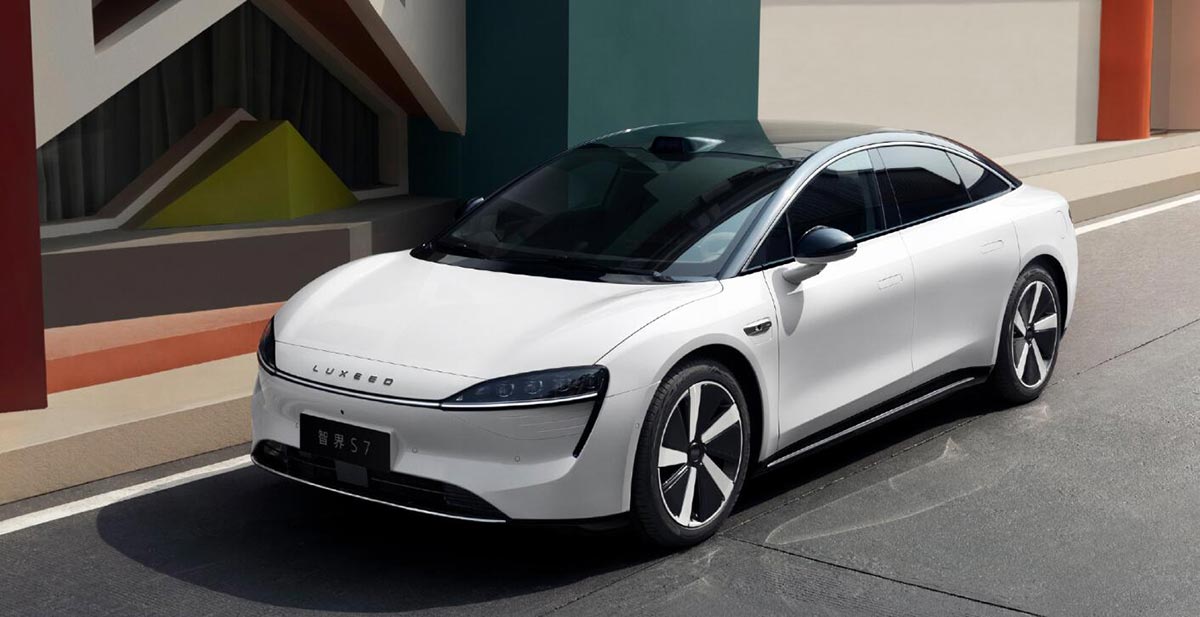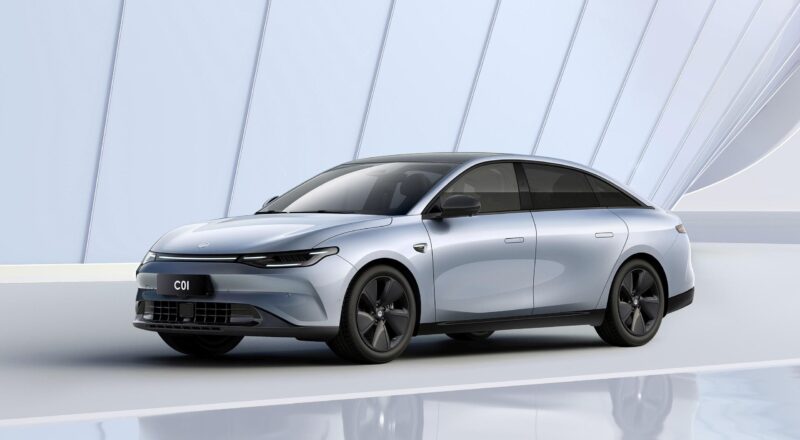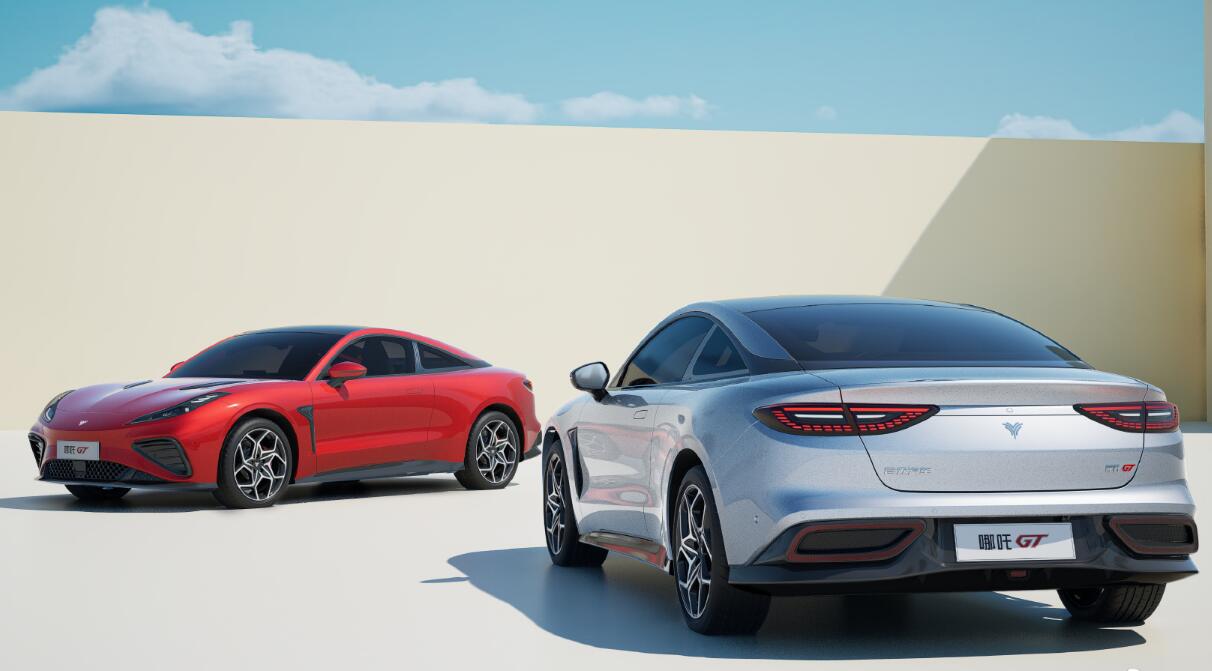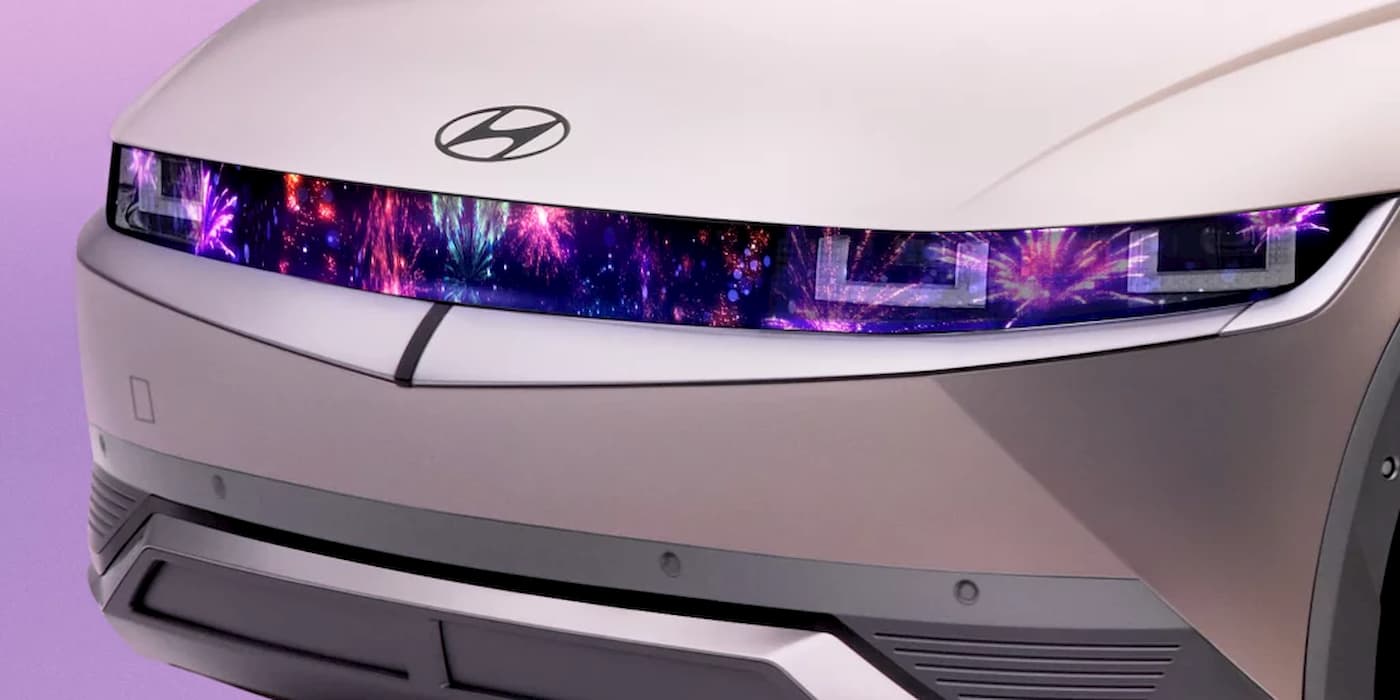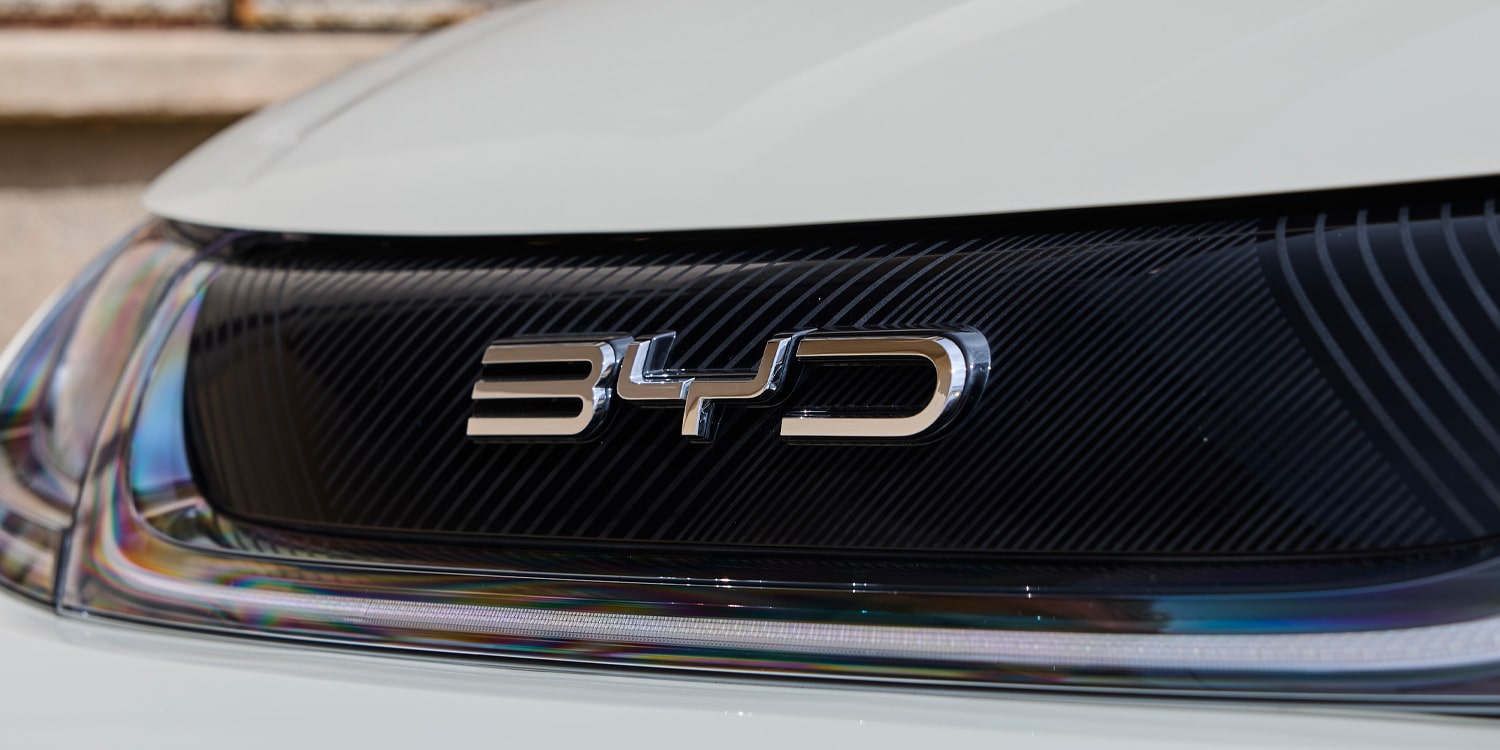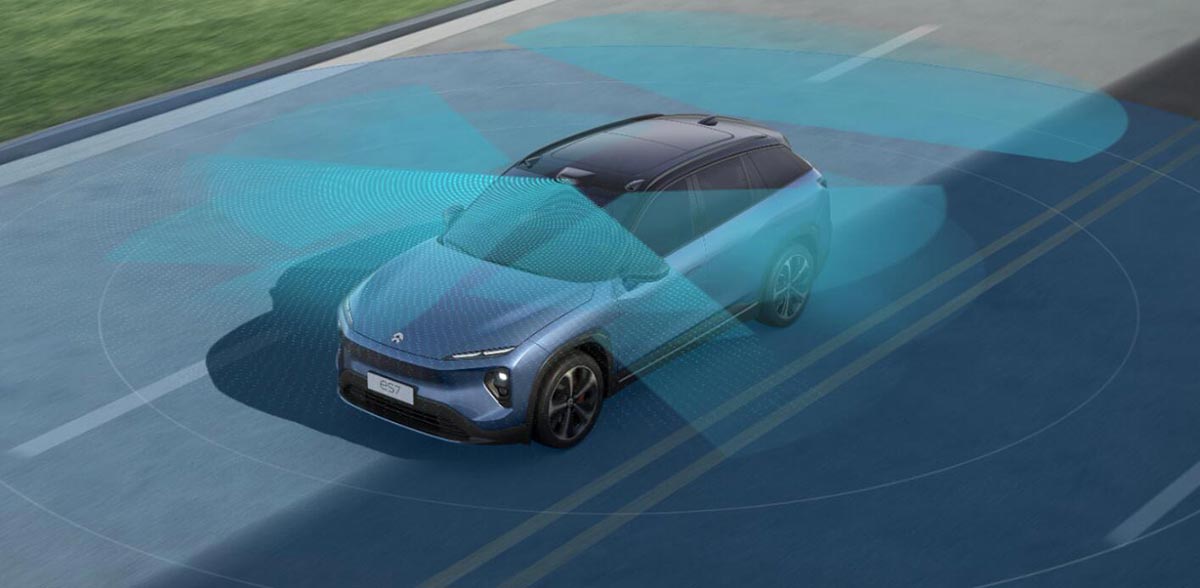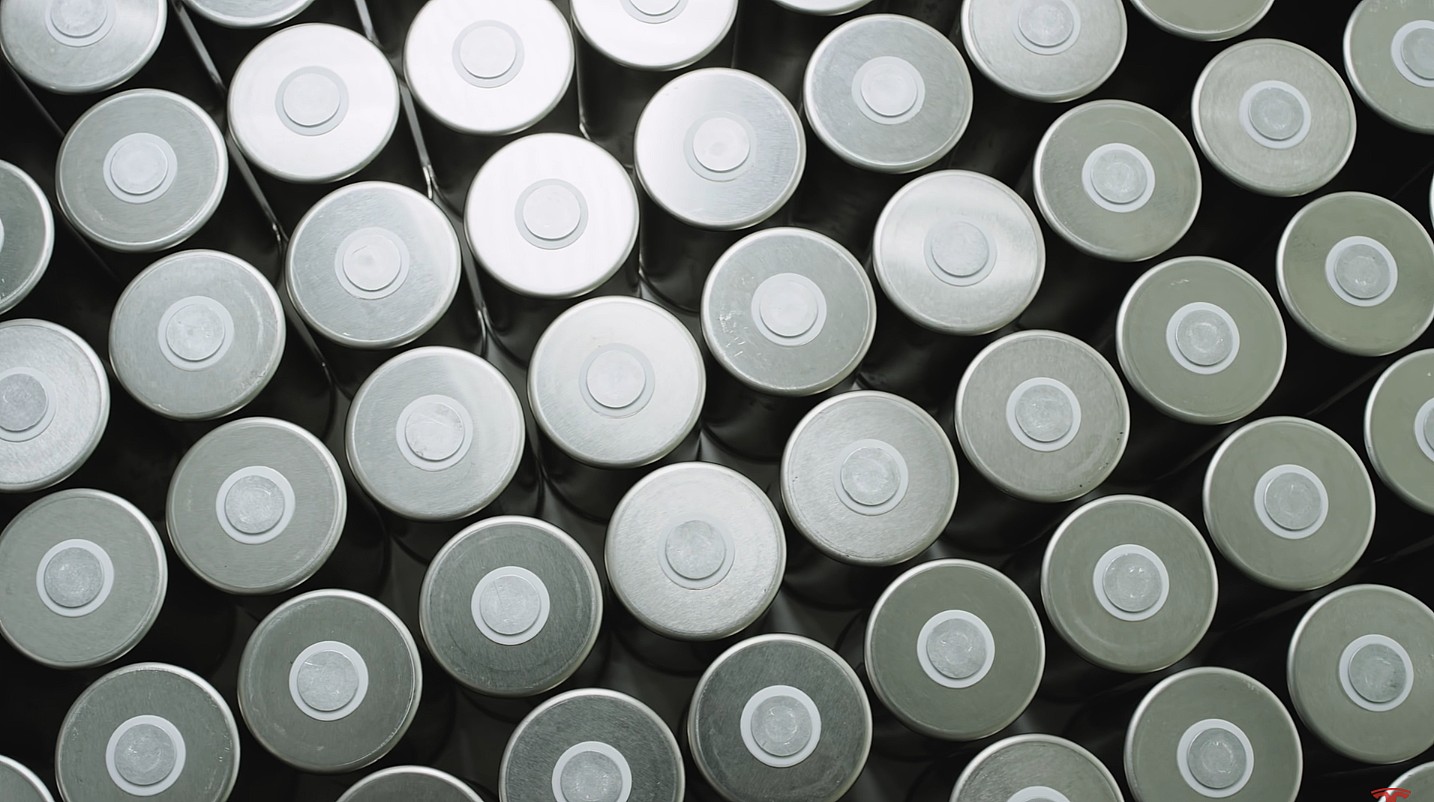A setback in the production line has led to delayed deliveries for several Chinese electric vehicles (EVs), attributed to a shortage of components in a Huawei-sourced computing unit, known as MDC 810. This computing unit is integral to powering advanced driver assistance systems, and a source reveals that the production hiccup is a result of a shortage of a specific component used in the unit.
According to sources informed by Reuters, three prominent EVs are affected by the delay. Among them is the Avatr 12 from Changan, launched late last year, which had amassed an impressive 20,000 orders by December 1. Similarly, the Chery Luxeed S7 sedan, with around 20,000 orders as of November 28, faces delays.
Luxeed has taken steps to address the inconvenience, informing buyers last month that they would receive reimbursements of up to 10,000 yuan ($1,400) if they are unable to pick up their new cars on the promised date.
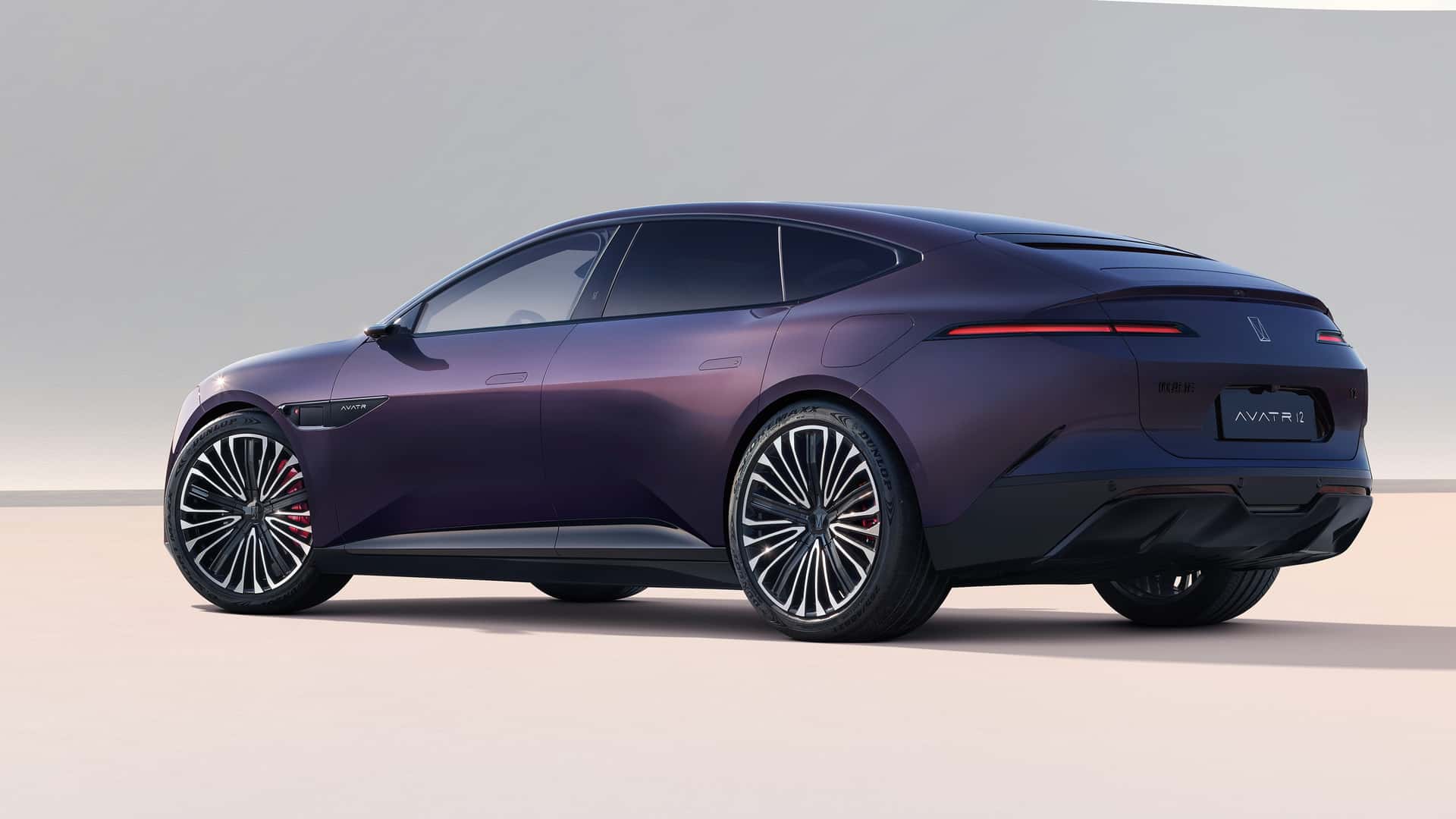
The third impacted vehicle is the Seres Aito M9 SUV, making its debut at the end of December as a six-seater electric vehicle featuring Huawei’s ADS 2.0 autonomous driving system. The Seres Aito M9 comes with two powertrain options.
See also: Huawei and Changan Explore Collaborative Opportunities in Open Electrification Platform
The first boasts a pair of electric motors and a 97.7 kWh battery pack, providing an impressive 392 miles (630 km) of range and 523 horsepower. The range-extender version, coupling a 1.5-liter generator with two electric motors and offering either a 42 kWh or 52 kWh battery pack, was expected to commence deliveries by January 26 but has missed the target.
Notably, the Alpha S sedan from Arcfox also faces production challenges due to the same Huawei computing unit shortage, a hurdle experienced in the past due to short supplies.


